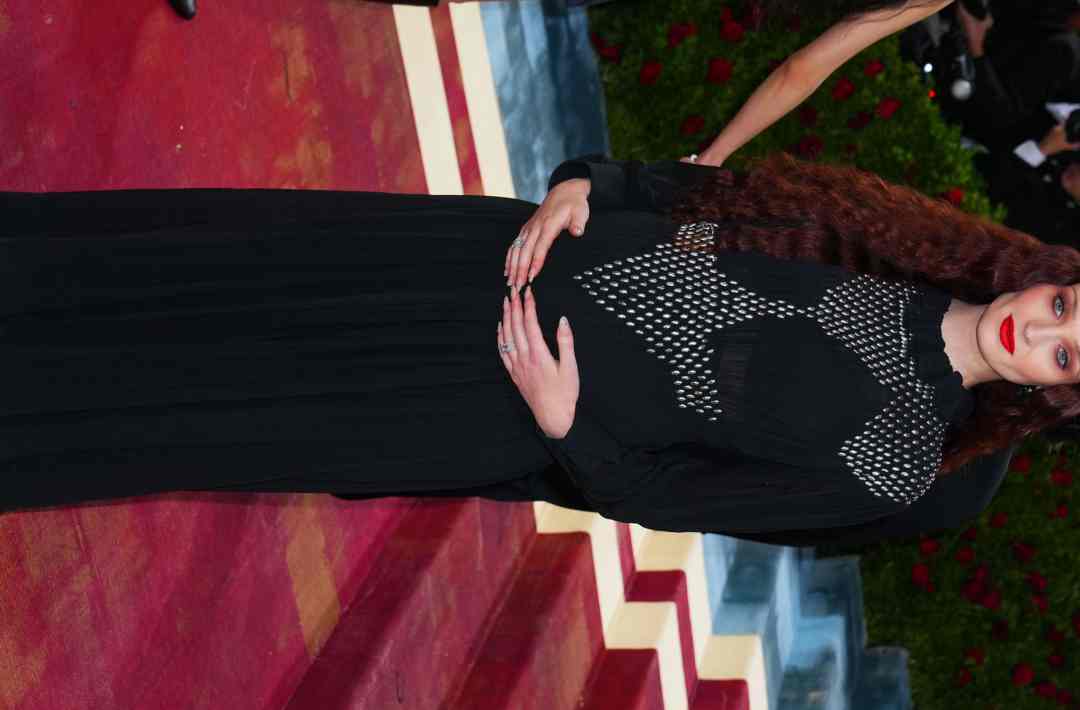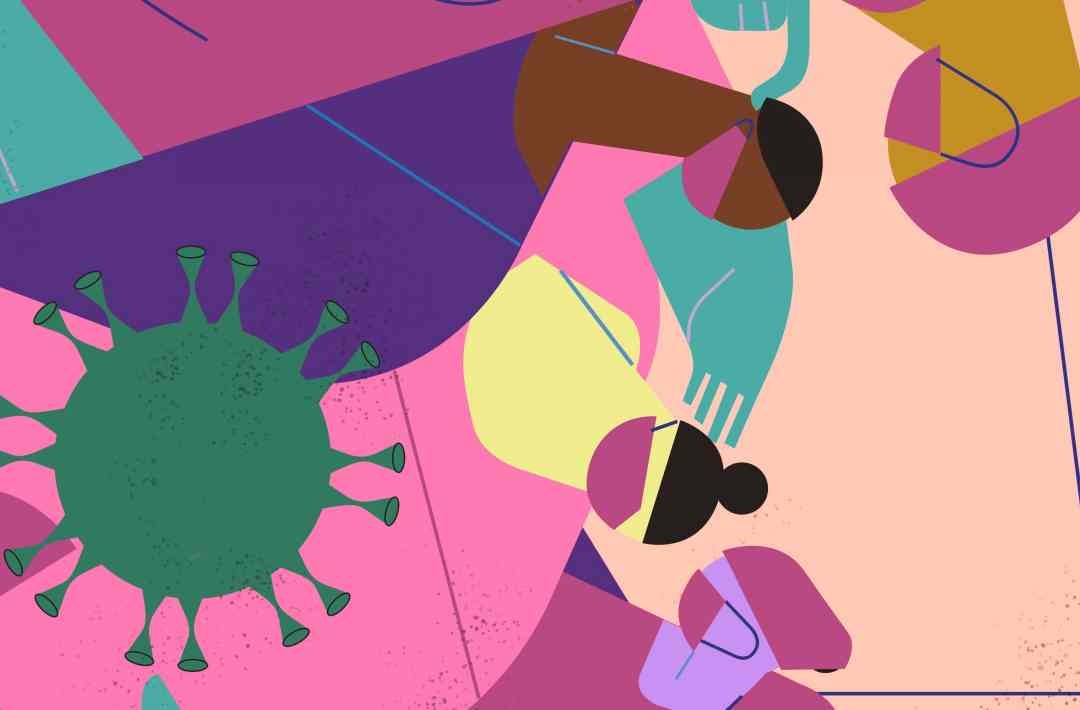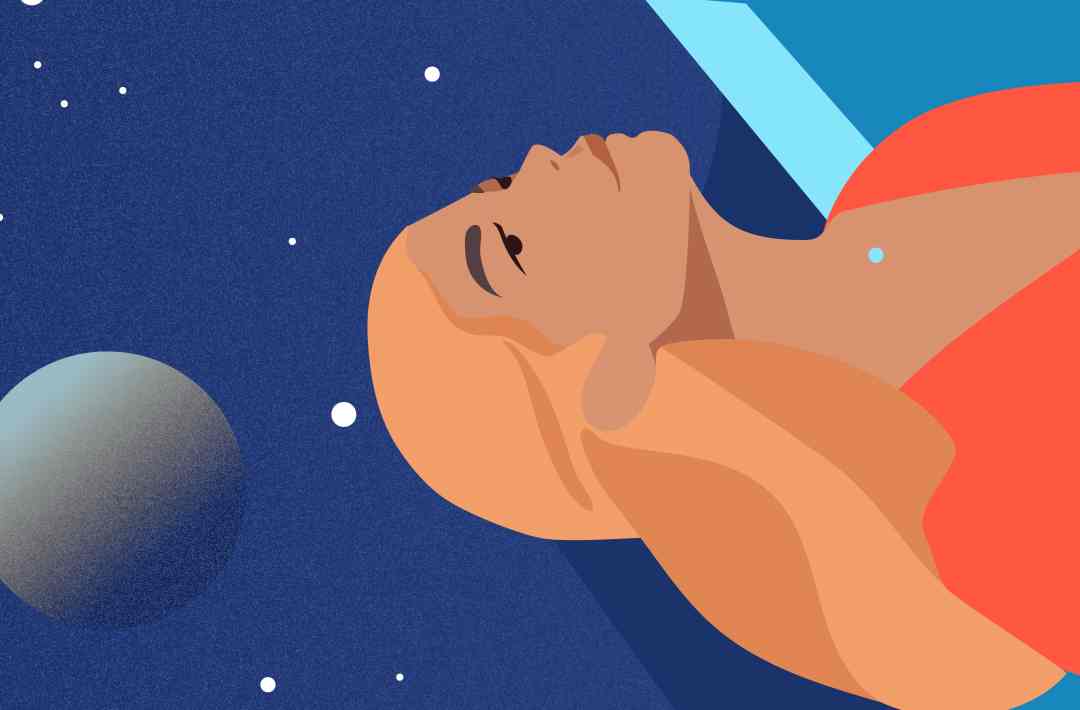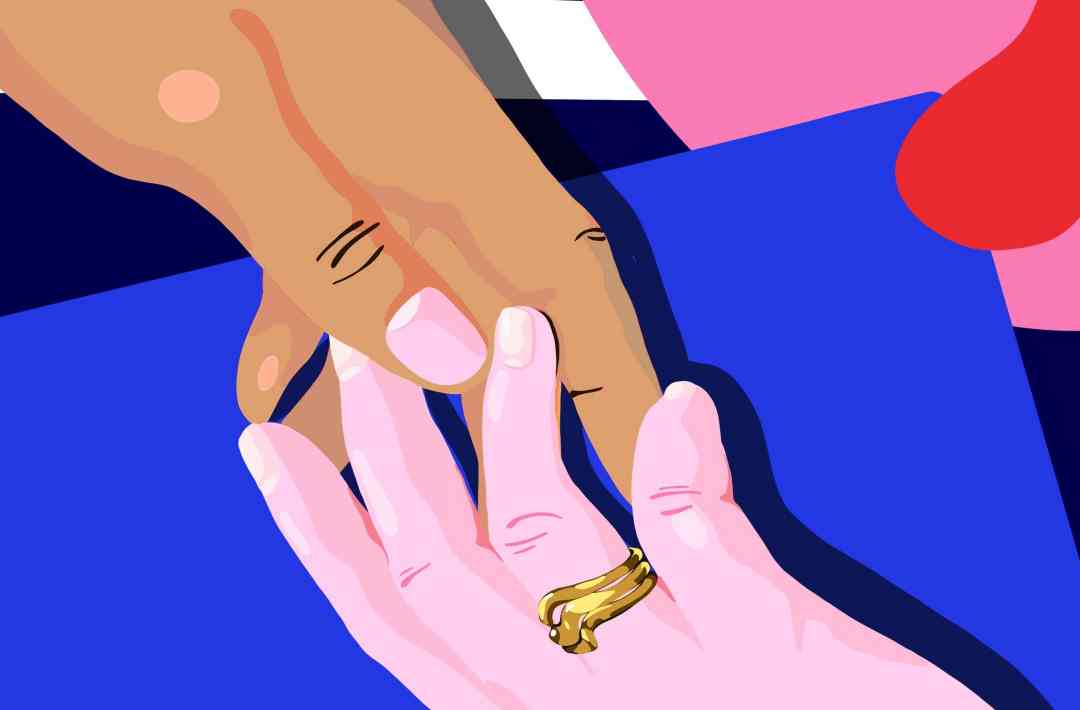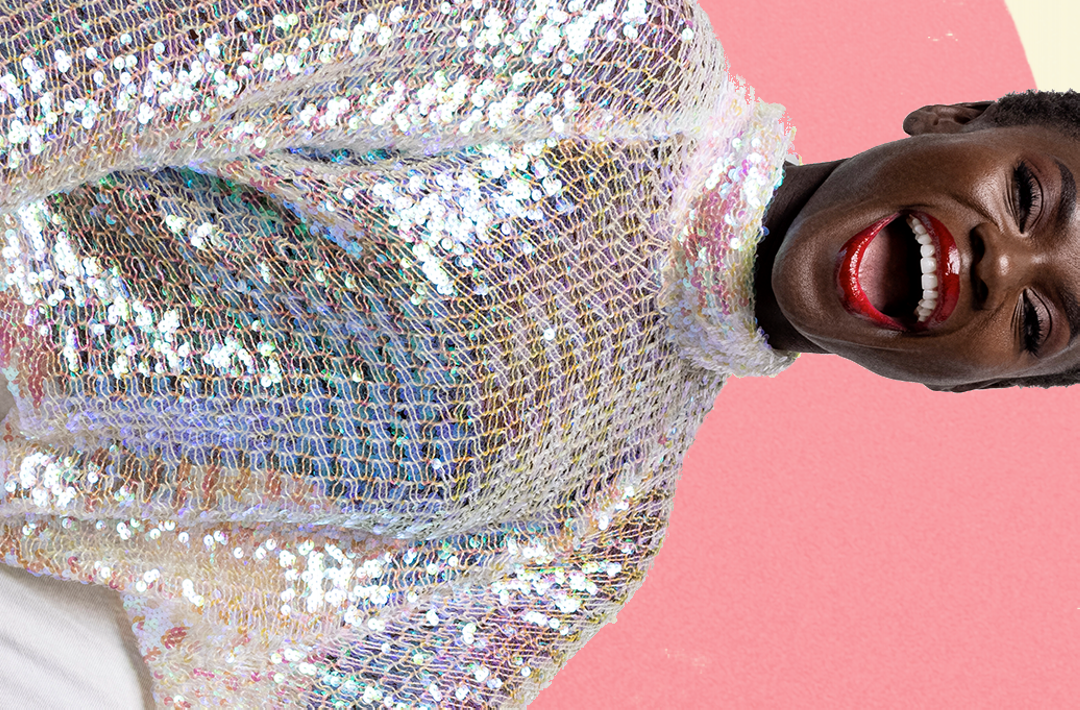

You might know Tunde Oyeneyin as the Peloton spin instructor with chiseled arms who flashes an innocuous smile right before she sets your quads on fire. But the Texas native had a successful career as a makeup artist before she ever took a spin class, and she hasn’t stopped tackling new projects. She’s also a Nike athlete, Revlon ambassador, host of Peloton’s new podcast Fitness Flipped, and debut author of SPEAK: Find Your Voice, Trust Your Gut, and Get From Where You Are to Where You Want to Be (out May 3 and available to pre-order now).
Oyeneyin’s rides (which often include dance breaks) are high-energy, but there’s also a quieter, more subtle vulnerability she infuses into her workouts. She’s not afraid to mention loss or grief. In June 2020, her Speak Up Ride was the first in a series of classes that address racism and encourage empathy; she told riders to embrace discomfort as she discussed why Black lives matter. Oyeneyin’s friends describe her as a bridge connecting people from different cultures, though she’s well aware she can’t be everyone’s favorite. So, she says, she chooses to focus on love.
Oyeneyin—who’s kicking off her book tour in May—spoke with SELF from New York, while her beloved miniature pinscher-Chihuahua mix Cesar pawed at her legs until she placed him on her lap.
SELF: Tell me about young Tunde. What were you like growing up?
Tunde Oyeneyin: My parents emigrated from Nigeria to the United States. I grew up in a Nigerian household, but when I went to school, I was American. I went to school with predominantly white kids, and it wasn’t until college that I immersed myself in American Black culture. So I lived between these worlds, and so much of that shaped who I am.
I was plus-size growing up. Not only was I one of the only Black kids in school, but I was also the darkest person, and chubby, so I stood out. As a kid, the last thing you want to do is stand out. I had low self-esteem and low confidence. I felt like I was a very extroverted person living in an introverted person’s body. I was outgoing but I never was too outgoing because then people would see me. And if they saw me, they’d see how big I was.
It was during those years that I fell in love with makeup and, for me, it was about control. I didn’t think I could control what my body looked like, but I could control the way I did my face.
You were a successful makeup artist for several years. Can you describe the moment when you decided to teach cycling?
I’d worked my butt off, landed my dream job, and I hated it. I went to New York on a business trip and the hotel gym was busted, so I decided to try out a cycling studio.
Three minutes into class, I’m in a state of euphoria. I’m in this other world. I leave the class, I’m walking back to the hotel, and my walk turns into a skip. Then I’m laughing and crying. I have this vision, this wave of energy moves through my body from my fingers to my toes. I see it all so clearly. I knew that I was going to be cycling for the rest of my life. I knew that I’d be teaching it. And I knew that I would touch the world doing it.
I could’ve said, “Well that’s just a weird daydream,” but I was so uncertain in my job and uncertainty leaves you open to change. Although it doesn’t always feel good in the moment, the beautiful thing about not knowing what’s next is that you don’t know what’s next. I believe that when you surrender to not knowing, what you don’t know is actually able to come in because you’re not blocking it.
You auditioned for Peloton but didn’t get the job at first. How did you face that disappointment?
I believe that everything’s happening for you, not to you. At first, when I didn’t get the job, it felt like a tragedy. There was a period when I felt completely disheartened and so confused. Still, I trusted that everything was going according to plan. I trust that when things don’t go my way, they’re still going my way. I was not supposed to get the job the first time around. I don’t know that I would have fully shown up as Tunde had that happened. I know that I started exactly when I was supposed to start.
In your first Speak Up Ride during summer 2020, you reached so many different people while discussing racism in this country. How did you create a space that was both challenging and inviting for participants?
I think the truth always wins when the truth is walking in on the back of love. My hope was that whether you agreed, understood, didn’t agree, didn’t understand—that you could feel the intention. The intention was love.
My friends describe me as a bridge. I watched my mother be a bridge. I watched my father’s charisma, the way that he was able to invite people in and connect people. It shaped how I communicate in difficult conversations. When you make people feel targeted, they stop listening. It doesn’t mean that you can’t be purposeful and tell the truth. I think there is a way to invite people in to hear what you have to say so that they actually hear what you have to say. If you stop them at the front door, they never walk in. And you can continue to preach to and share your message to like-minded people, but if you’re sharing your message to those who already agree with you, then where’s the change?
I am a devout Tunde follower, but you can’t be everyone’s favorite. Do other people’s opinions of you ever get under your skin?
There are people who hate Coldplay. Coldplay is one of the greatest bands in the world. Beyoncé is one of the greatest performers in the world, and there are people who hate Beyoncé. There are people who hate Oprah Winfrey! If there are people who hate Oprah, then there are people who hate me and I’m okay with that. Sure, everyone wants to be liked, and I hope people like me, but I can’t lose sleep over it if some people don’t. A friend of mine gave me really great advice: She said, “Tunde, other people’s opinion of you is none of your business.” If I’m sitting there worrying about and crying about what other people think about me, I’m being nosy. I’d rather put my focus on love.
Most Popular
- 5 Less Obvious Signs of Seasonal Depression You Should Definitely Pay Attention To
By Maggie O’Neill
- 42 Creative Valentine’s Day Gifts for Guys
By Sarah Madaus
- Just Some Fun Sex Toys You and Your Partner Will Love
By Gabrielle Kassel
What does self-care look like for you?
I call it soul care. I think that when you call it self-care, people may look at it as a luxury. But if you’re taking time to do something for the good of your soul—whether that’s getting a massage, putting on music, lying down and doing nothing, or meditating—that’s a right. That’s not a privilege.
I think sometimes it’s just a matter of saying no. Whether it’s an event you’re supposed to go to, or maybe you promised your partner you’d drop the kids off at soccer—sometimes it’s just like, NO, I cannot, for the good of my soul. You have to protect your soul.
We have to talk about your hair. What led you to cut your hair last year?
I wanted to cut my hair for like 20 years. I kept putting it off. I didn’t know who I was without a weave. Especially as a Black woman, your hair can very often frame how people see you. So I was nervous to cut my hair off because I didn’t know how it’d be received. I finally woke up one day and was like, “I’m doing it!” I’m so proud that I did something that I wanted to do despite how I felt other people might feel.
After I cut my hair, I wore a wig for a week and a half because I wanted to form my own opinion. I didn’t do it for validation; I did it because it was something I wanted to do for myself. We often hide behind our hair. So when I cut off my hair, I felt like I could see all of me.
Why did you write this book now?
It’s funny you ask because when I was in first grade, I said that I wanted to write a book. And then life happens, and all of the imposter feelings come in, and you tell yourself that you’re not able. Then one day you wake up and you stop believing the lies that you tell yourself. When I think of everything that led me to this moment, there are five principles that guided me: surrender, power, empathy, authenticity, and knowledge—SPEAK. The book is a memoir but it’s also a call to arms that hopefully empowers the reader to take chances, to claim their space, and to move forward on the path that’s right there in front of them. Trusting my gut led me to this exact moment. That’s my hope for anyone who picks up the book.
This interview has been edited and condensed for length and clarity.
Barnes and Noble
Speak: Find Your Voice, Trust Your Gut, and Get from Where You Are to Where You Want to Be by Tunde Oyeneyin
$27 $23 at Barnes and Noble$27 at Indiebound$27 $23 at Amazon













